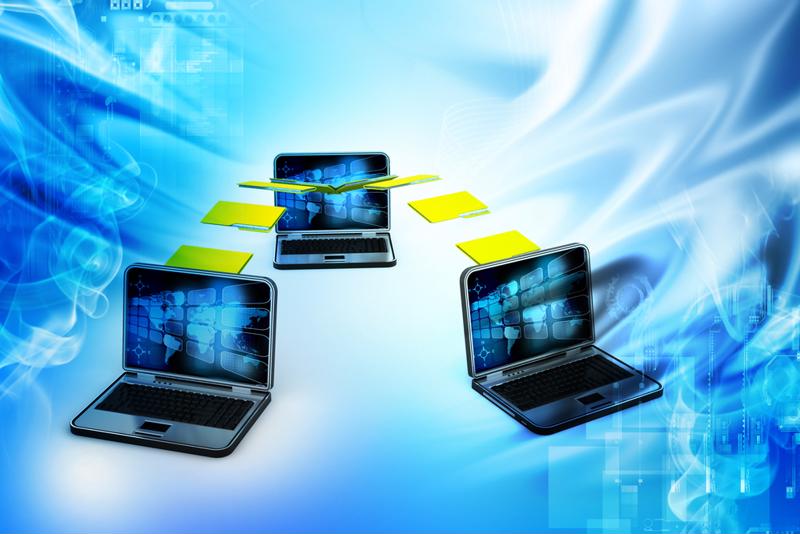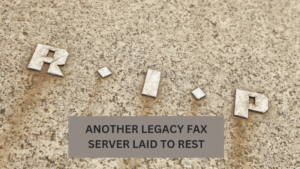Faxing technology is still used today as an alternative to other lines of communications in times of need. Sometimes, it's even the first attempt at establishing important contact. For instance, during the nuclear disaster of Fukushima, Japan, in 2011, operators attempted to send faxes to a neighboring village, according to Financial Times contributor Jeevan Vasagar. And though the receipt of the faxes "could not be acknowledged," the operators also alerted authorities in Tokyo about the meltdown via fax.
In this situation, the first line of communication was established by sending a fax. This demonstrates that these machines, while some erroneously believe them to be obsolete, still play a vital role in the day-to-day operations of many businesses around the world. The advent of fax to email is another way that faxing is still contributing to communication strategies, as well.

Faxes are still being used for the important stuff
Fax machines have been proven to be a hardy technology that companies are still dependent on for sending important, sometimes confidential documents to clients and business partners. What does this mean for fax machines as a whole? The fact that the Fukushima operators chose to send faxes first to the parties that needed to immediately know about the meltdown indicates that some sectors remain reliant on faxing technology.
In fact, Vasagar reported that an IDC poll of more than 1,000 U.S. businesses found that just under 20 percent of respondents said the use of faxing had actually increased over the last year.
Peter Davidson, of faxing sector research firm Davidson Consulting, said that some functions of faxing, such as day-to-day communications between office workers, have been replaced with texting and email. However, some functions of the fax still remain as useful as they did when the machine was first introduced in the 1980s.
"[W]hen you send important documents, you want to know [they have] got(sic) there, which you can do with the fax," Davidson said. "It is also extremely difficult to intercept a fax."
"Fax-over-Internet-protocol systems make sending and receiving faxes even simpler and more secure."
Turn those faxes into emails
The benefits of faxing that Davidson mentioned are increased when businesses invest in fax-to-email systems. There are a few additional advantages that this newer technology can provide to businesses, including greater physical security and better storage options. Here are a couple key benefits of fax solutions:
1. Easier than ever
Faxing hardware is still being used to send important documents due to enhanced security and ease of use, as in the Fukushima incident, and fax-over-Internet-protocol systems make sending and receiving faxes even simpler and more secure. Huffington Post contributor Jessa Barron mentioned the ease with which your documents can now be organized, because everything is saved digitally.
"Loose pages can easily be lost or damaged, but with Internet fax, your pages are all stored online, so you are free from that worry and headache," Barron said. "Additionally, if you're looking for a particular document, you can save a lot of time with Internet fax, as these services allow you to sort through your saved faxes by date, sender or by entering specific keywords."
2. No more need for a phone line
FoIP solutions are cost-effective as well. When the Piatt County, Illinois, government was looking for a new technology that would help them safely and efficiently send important documents, they turned to FoIP. According to TMCnet contributor Mae Kowalke, the new system would pay for itself in less than a year due to reductions in phone charges – because faxes are sent over email, which utilizes an Internet connection, costly phone lines are no longer necessary.
Enhance enterprise communication, collaboration and compliance efforts with a proven FoIP solution from FaxCore. Contact FaxCore today to learn more about their 'Partly-Cloudy' fax solutions.




